Vienna talks: China reiterates call for removal of all relevant sanctions on Iran, third parties
China has reiterated its call for the removal of all sanctions imposed on Iran and third parties, as negotiations to revive the 2015 Iran nuclear deal move ahead in the Austrian capital, Vienna.
Wang Qun, China’s envoy to the United Nations and other international organizations in Vienna, told reporters on Tuesday that the talks on the fate of the deal, formally called the Joint Comprehensive Plan of Action (JCPOA), have been “beneficial” and that they have entered a new stage.
Wang made the remarks following the latest meeting of the JCPOA Joint Commission, which was chaired by the deputy secretary general and political director of the European External Action Service, Enrique Mora, and attended by diplomats from Iran, China, Russia, France, Britain and Germany.
The US has not been part of the talks since it chose not to be a party to the JCPOA as of 2018, when former US president Donald Trump pulled his country out of the deal and began to impose harsh economic sanctions on Iran and those states that cooperated with the country.
However, American diplomats led by US special envoy for Iran Robert Malley have held discussions with the other signatories to the JCPOA – except for Iran – in Vienna on the sidelines of the meetings of the Joint Commission, which is responsible for overseeing the implementation of the agreement.
Wang said China welcomes the Joint Commission’s intensive talks through the two expert-level working groups tasked with removing the US sanctions and coordinating Iran’s return to its nuclear commitments under the accord.
“We see productive work from the Joint Commission under the leadership of EU colleagues through their two processes, not only the working group process but also their proximity talks with the United States over the past few days,” the Chinese diplomat noted.
He said the discussions led to a clearer understanding and laid a solid foundation for the next stage of the talks, adding that China firmly supports the resumption of the JCPOA's implementation by the US and Iran “as soon as possible.”
Tuesday marked the last day of negotiations this week, as the sides decided to go back home for consultations before resuming the talks next week.
EU: Progress made over last two weeks
Following the conclusion of the meetings, Mora took note of the progress made over the last two weeks, saying in a tweet that much more hard work is still needed.
He thanked all the parties involved in the talks for their commitment to restoring the historic agreement.
Mora also said in a statement that the Joint Commission decided to create a third expert working group to examine “the possible sequencing of respective measures.”
“Participants took stock of progress made in the ongoing discussions in Vienna regarding specific measures needed in terms of sanctions lifting and nuclear implementation for the possible return of the US to the JCPOA and its full and effective implementation,” he said.
Iran’s top negotiator Abbas Araqchi said the discussions were “progressive” despite “the existing difficulties”. Araqchi, however, warned that Tehran will stop the negotiations if the other sides move toward “excessive demands, wasting time and irrational bargaining.”
US: Yes, there has been some progress
Washington also described the talks as “businesslike” and “positive,” and welcomed the Joint Commission’s establishment of a third working group.
“Yes, there has been some progress, but there remains a long road ahead,” US State Department spokesman Ned Price said at a press briefing later on Tuesday. “And I think it’s fair to say that we have more road ahead of us than we do in the rearview mirror.”
Asked whether the Biden administration has abandoned a list of 12 demands put forward by former US Secretary of State Mike Pompeo for Iran, Price declined to respond directly, but instead, he reiterated that the Trump administration’s “maximum pressure” policy against Iran – which included the 12 demands – has failed.
“Maximum pressure has proved to be an inappropriate course given what we have seen from the real-life experiment over the past several years,” he added.
Russia: Max pressure policy totally failed
Russia’s Permanent Representative to the International Organizations in Vienna Mikhail Ulyanov also said the so-called maximum pressure policy has “totally failed” since it only prompted Iran to accelerate the development of its nuclear program.
“Some people oppose #JCPOA restoration. But is there a realistic alternative?” Ulyanov asked via Twitter.
“No.” he continued. “Maximum pressure policy totally failed and just prompted development of the Iranian nuclear programme beyond 2015 parameters.”
Some people oppose #JCPOA restoration. But Is there a realistic alternative? No. Maximum pressure policy totally failed and just prompted development of the Iranian nuclear programme beyond 2015 parameters. This is a matter of fact. Does anybody want this trend to continue?
— Mikhail Ulyanov (@Amb_Ulyanov) April 21, 2021
Throughout the years, Iran has repeatedly said that its nuclear program is intended merely for peaceful purposes, and that it does not seek to develop nuclear weapons.
Leader of the Islamic Revolution Ayatollah Seyyed Ali Khamenei has issued a fatwa (religious decree), banning the production, possession and stockpiling of nuclear weapons and other WMDs.
In remarks last week, President Hassan Rouhani said Iran is capable of enriching uranium to 90% purity if it chooses to, adding, “However, we are determined to keep our promise. We are not looking for a nuclear bomb.”
VIDEO | Press TV's news headlines
Iranian satellites launched into space as private sector debuts in space industry
VIDEO | Iran, Azerbaijan conduct joint maritime rescue operations
VIDEO | Yemen’s Red Sea divide: Naval forces block Israeli-linked ships in strategic ‘parting of the water’
VIDEO | Southern Gaza: Israel’s facade for famine and suffering
VIDEO | IOF hampering humanitarian aid
VIDEO | Sharmahd: Justice Done
Iran repeatedly warned Israel not to test its will: FM


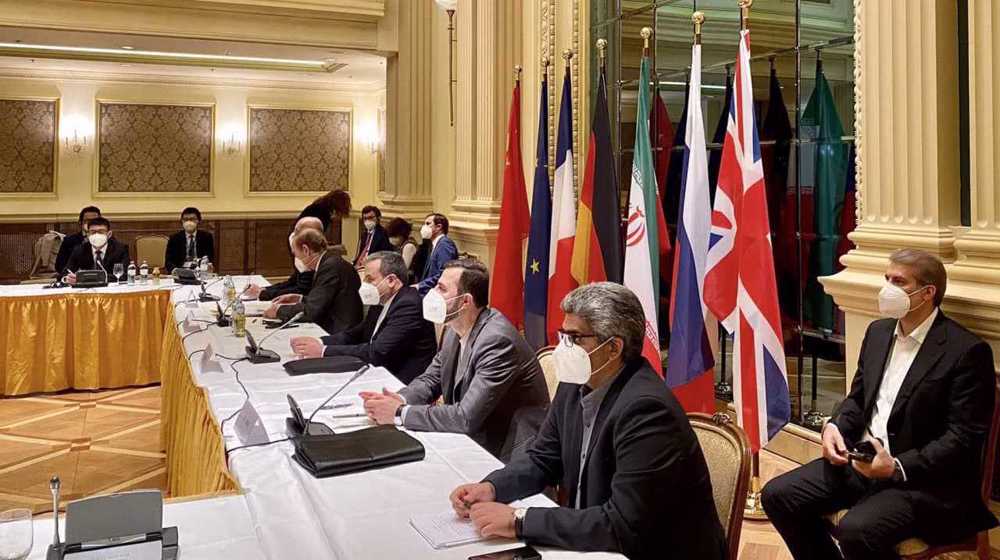
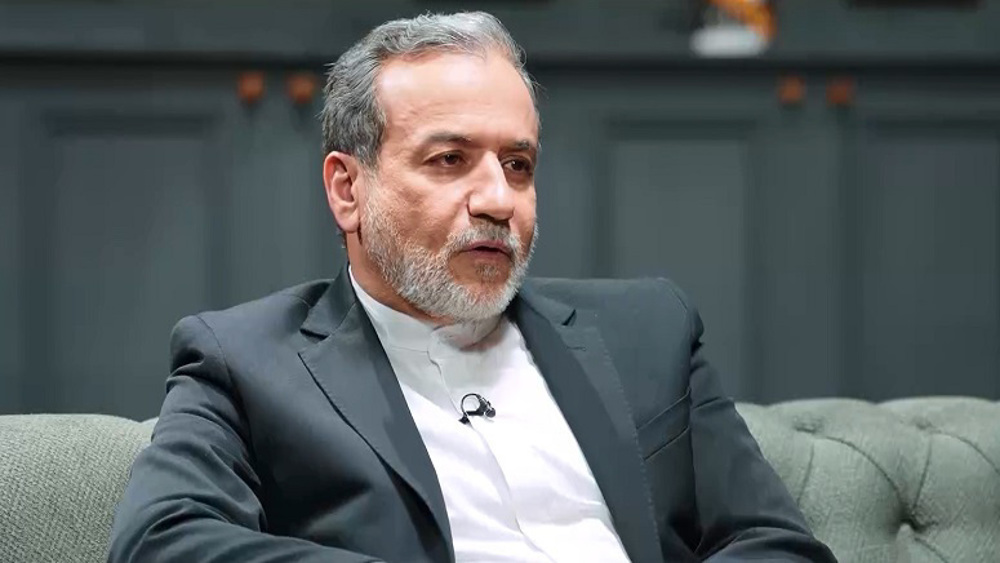
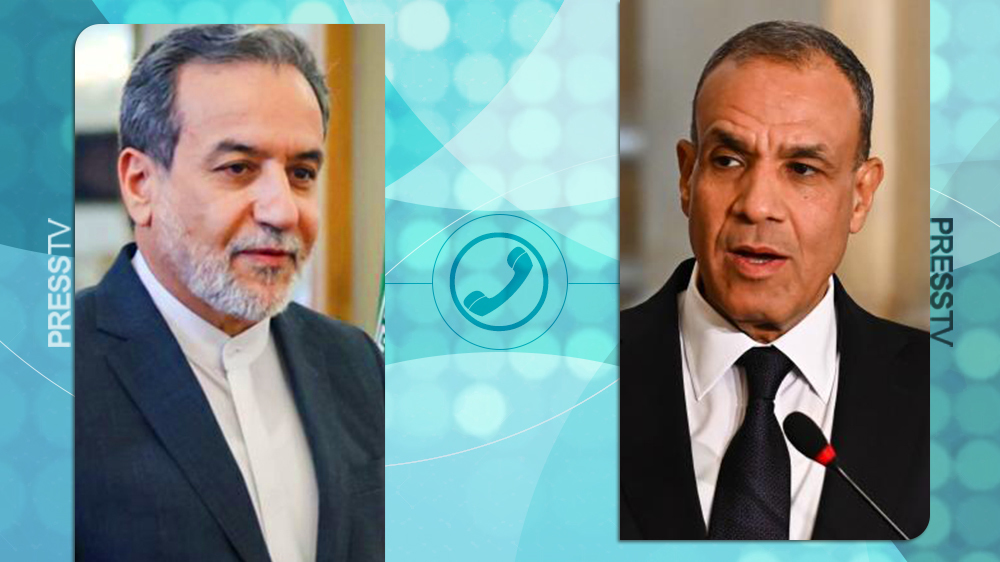
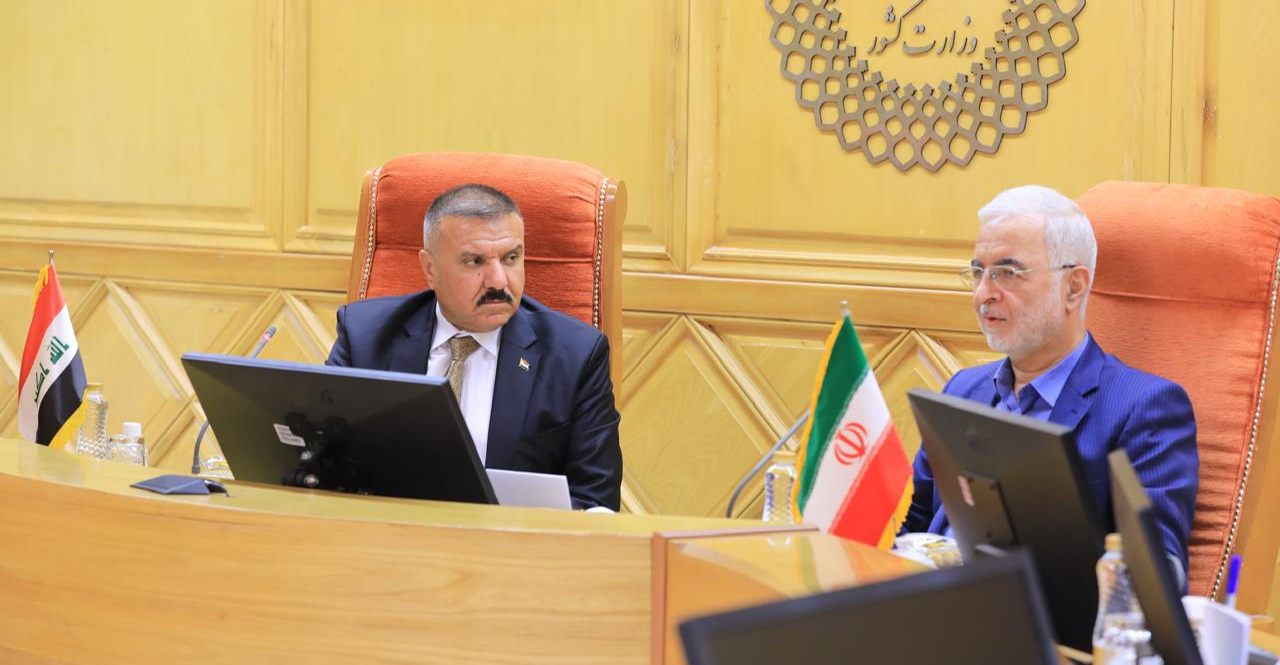



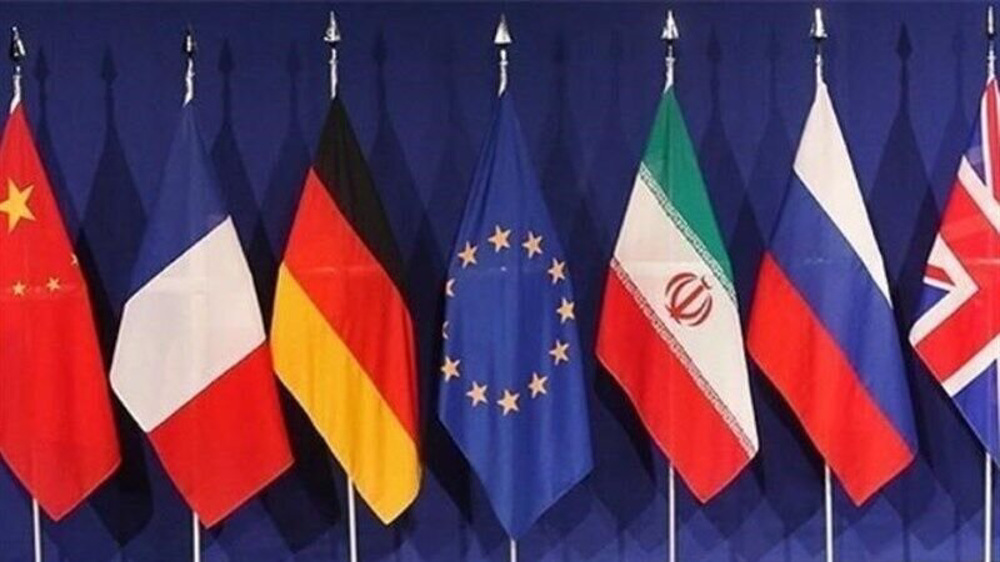
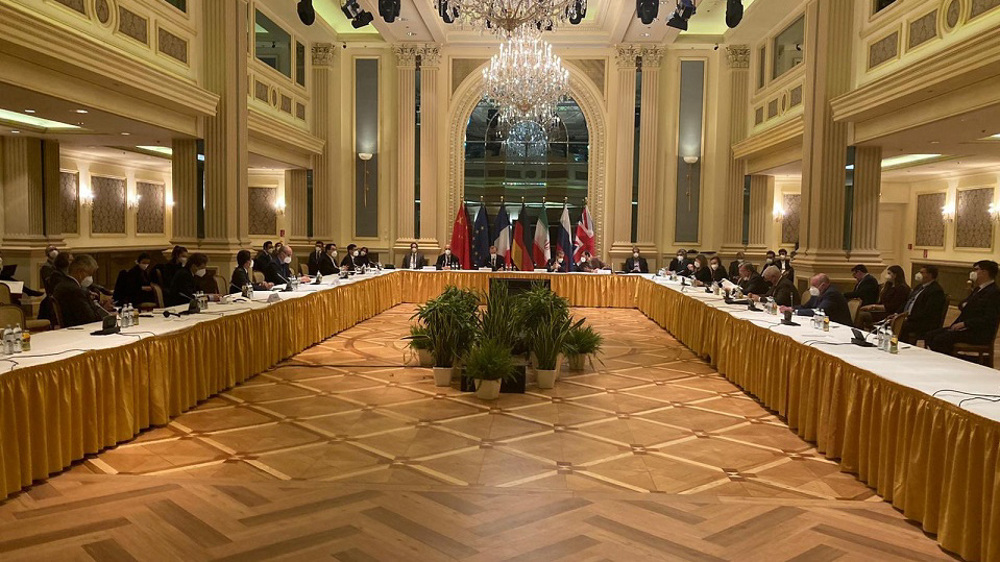
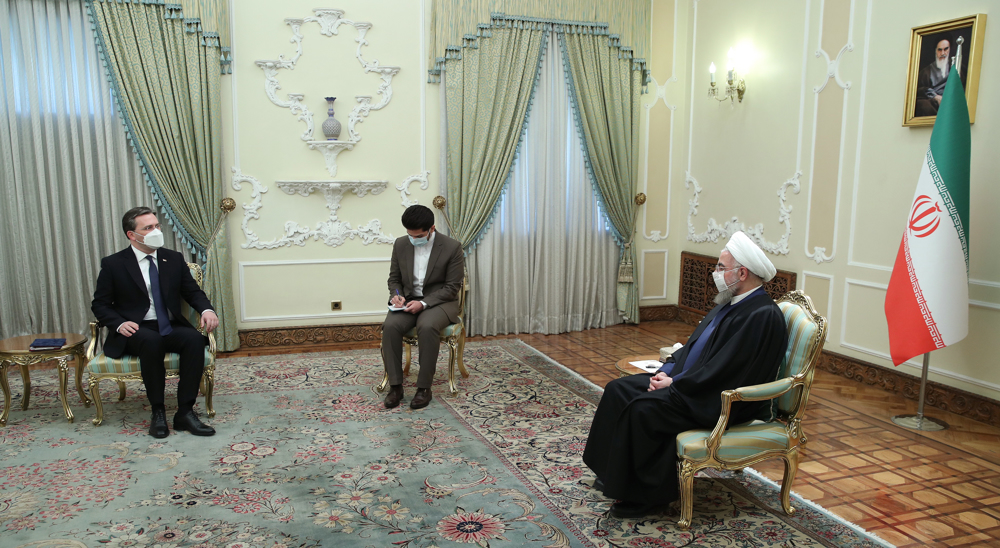
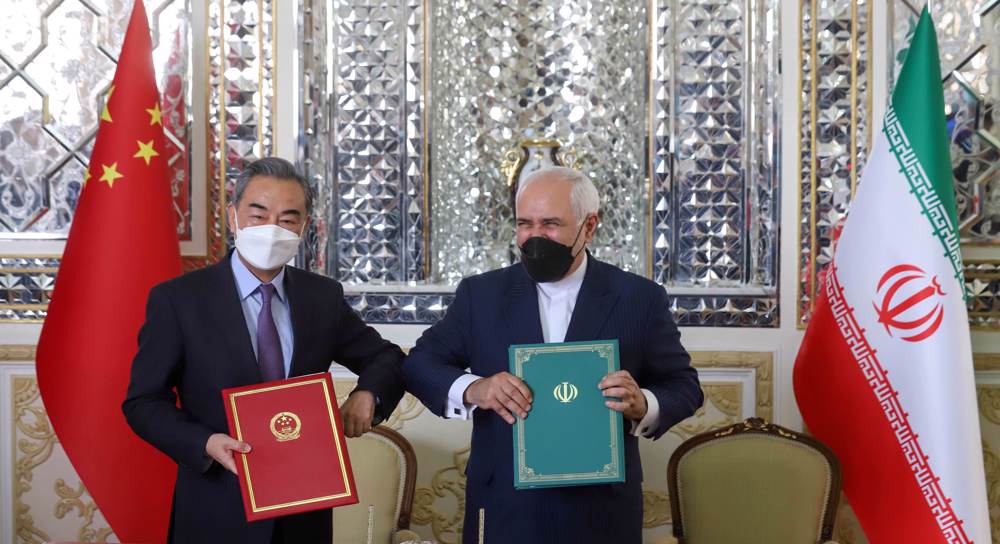
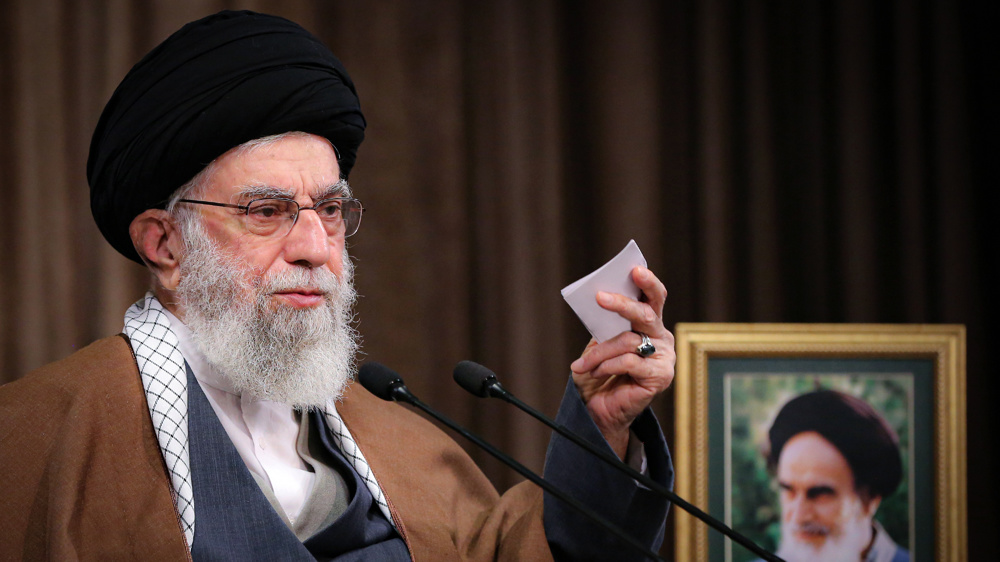

 This makes it easy to access the Press TV website
This makes it easy to access the Press TV website